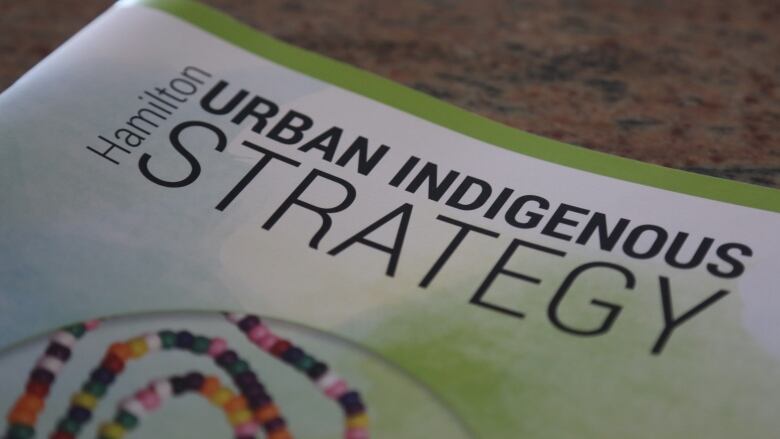Hamilton pledges to pay for Indigenous monitors on archeological digs
The move is part of the city's urban Indigenous strategy

The city is hammering out agreements with multiple First Nations aroundhow it handles its archeological digs including paying for someone from the impacted Indigenous community to come out and monitor the work.
City council's emergency and community services committee voted Monday to continueapolicy from Januaryaround digs, such as the work done to buildthe Red Hill Valley Parkway 15 years ago. Those rulesinclude consulting First Nations at the start of a project, and paying as much as $100,000 per project for Indigenous consultants to monitor the work.
This interim policy willremain in place as the city works out agreements with individual First Nations, says a new report by ShellyHill, who heads upthe city's urban Indigenous strategy.
The current rules dictate that the city notify First Nations before shovels go in the ground. They also say there should be in-person meetings with First Nations, and information circulated to Indigenous residents. All of this is built into the project budget, which the city pays.
Mississaugas of the Credit charge $75 per hour for a project monitor, plus mileage and a per diem. Six Nations elected council charges $75 per hour, the Haudenosaunee Development Institute/HaudenosauneeConfederacy Chiefs Council $100 per hour plus mileage (58 cents per kilometre).
The rate for Huron-Wendatis unknown.The Wendake Nation in Quebec represents the interests of the Huron-Wendat, Hill's report says, and historically hasn't been involved in on-site monitoring.
Overall consultation costs could be between $5,000 and $100,000 in the final stage of the work, the report says.
AnIndigenous monitor is someone from the First Nation trained in archeological methods and traditional Indigenous teachings who monitors archeological assessments conducted within the treaty lands. Those assessments include potential environmental impactsand artifacts uncovered during the work.
All of this is just the latest step in the urban Indigenous strategy city council approved last year, which aims to reach out to and includeHamilton's Indigenous residents. It's also in line with recommendations in the Truth and Reconciliation commission, Hill said.
"This report is the first step in acknowledging the need to proactively build municipal/Indigenousrelationships,especially when it comes to stewardship of the land," she said.
Paul Johnson, general manager of healthy and safe communities,called this "some of the evolution that's happening in our organization" in terms of the city's relationship with Indigeous people.
The urban Indigenous strategy has40 recommendations, including establishing and maintaining landfor spiritual and ceremonial activities. It also recommends a training program for Indigenous youth at the city, and putting up signs that identify traditional Indigenous names for landmarks around Hamilton.
City council still has to ratify the new policy on Friday.












_(720p).jpg)


 OFFICIAL HD MUSIC VIDEO.jpg)
.jpg)



























































































